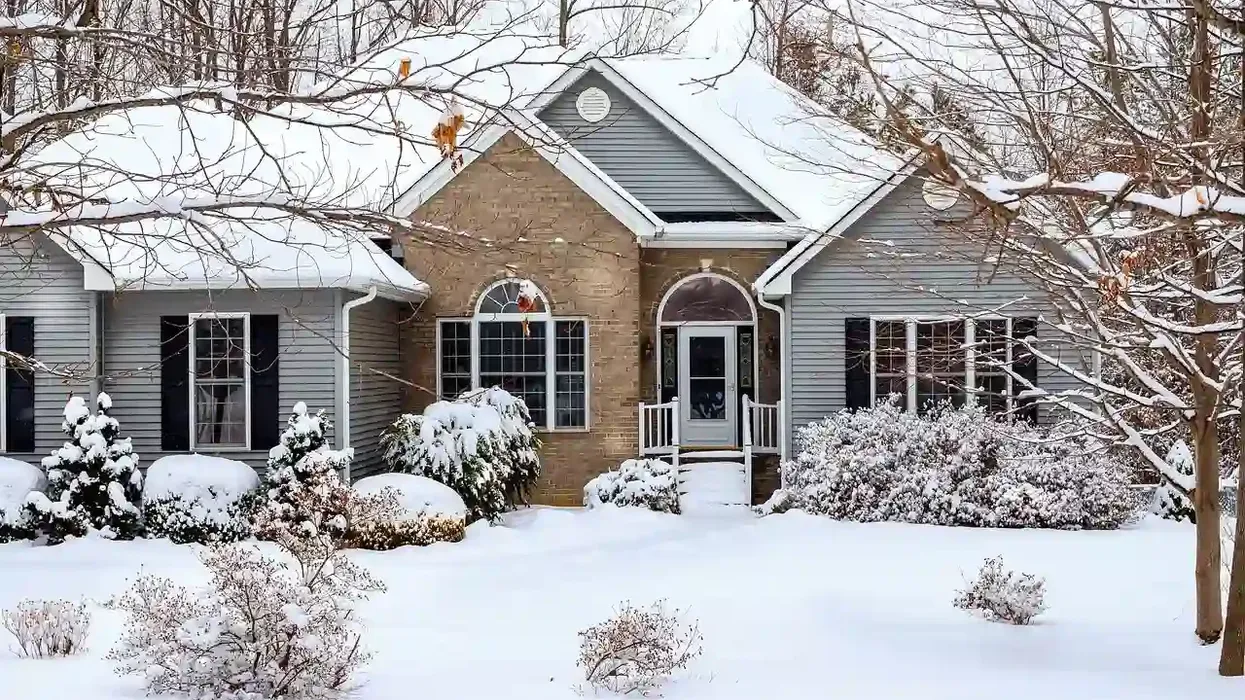In an opposite fashion to the larger real estate picture, Canada’s winter recreational properties have posted double-digit growth this year.
This is according to the Royal LePage Winter Recreational Property Report, released today, which revealed that the median price of a single-family detached home in Canada’s ski regions climbed 15.1% year over year in the first 10 months of this year. The price now sits at $1,042,700.
“While the rapid rise in interest rates, which began in March of this year, has caused many would-be buyers in the residential market to move to the sidelines, some recreational property purchasers -- most notably in higher-end markets -- have demonstrated a greater tolerance to increasing monthly mortgage costs,” said Pauline Aunger, broker of record, Royal LePage Advantage Real Estate. “Additionally, many buyers of secondary properties are able to leverage equity from their primary residence or may not require financing at all.”
That said, the market is undoubtedly balancing out. Compared to the historical demand of last year, the number of homes sold is down across all recreational regions surveyed. Royal LePage chalks this up to less demand and an increase in inventory.
With yet another interest rate decision just a week away, the real estate company calls further price growth “unlikely.” Moreover, they forecast that the median price of a single-family detached home will dip by 3% over the next year to $1,011,451.
“For most Canadians, owning a recreational property is a nice-to-have lifestyle option,” said Aunger. “In the current economic environment, it is not surprising that sales have declined. With recreational homes in greater supply and most staying on the market longer, those that remain in the market are facing less competition, compared to last year.
"While activity has moderated from the exuberant levels seen during the pandemic boom, demand for recreational properties remains healthy -- both as primary and secondary residences. Even as offices reopen and international travel resumes, buyers with the ability to work remotely continue to permanently relocate into recreational communities in search of better work-life balance and access to the outdoors.”





















